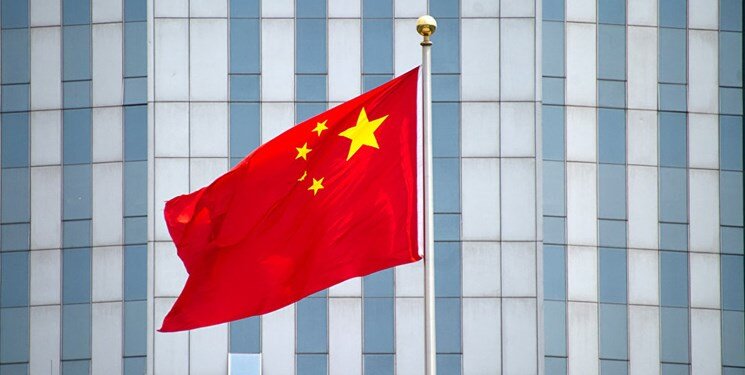U.S. sanctions on Iran have no legal basis: China

TEHRAN – A spokesperson for the Chinese Foreign Ministry has criticized recent U.S. sanctions on Iranian and Chinese firms over Iran’s missile program as not having a legal basis.
Last week, the U.S. Department of Treasury put a network of companies based in Iran, China and Hong Kong on the list of sanctions under the pretext of supporting Iran's missile program.
In response, the spokesperson of the Chinese Foreign Ministry said, “This action of the United States has no real basis and legal process and harms the legitimate rights and interests of Chinese companies and institutions,” according to Fars News.
The spokesperson added, “China will take necessary measures to resolutely protect the legitimate rights and interests of Chinese companies and individuals.”
The U.S. sanctions on Chinese and Iranian firms came after Iran unveiled its first hypersonic missile. Iran formally unveiled its first domestically built hypersonic missile on June 6 in a ceremony attended by Iranian President Ebrahim Raisi and a number of high-ranking military officials, including IRGC Aerospace Force Commander Brigadier General Amir Ali Hajizadeh.
The missile, named Fattah by Ayatollah Seyed Ali Khamenei, is the latest state-of-the-art projectile in the Iranian missile arsenal. It has a spherical engine running on solid fuel with a movable nozzle that allows the missile to move in all directions, according to Tasnim. With a range of 1,400 kilometers, Fattah can complicate the functionality of any type of missile defense system. General Hajizadeh said the homegrown hypersonic ballistic missile has undergone all tests.
The Chinese criticism of the U.S. actions comes after Chinese Foreign Ministry spokesperson Wang Wenbin lambasted the West for applying double standards on Iran for its nuclear program. He criticized the West for applying double standards with respect to nuclear non-proliferation, saying that the West strictly pressures Iran over nuclear issues while giving Australia weapons-grade nuclear material.
Wenbin made the remarks in response to a question on the AUKUS nuclear submarine cooperation between the U.S., the UK, and Australia.
“On the Iranian nuclear issue, the US, the UK and some other countries wouldn’t budge an inch and strictly prohibits Iran from obtaining highly-enriched uranium. However, the two countries plan to transfer to Australia tons of highly enriched weapons-grade uranium of over 90% purity through their nuclear submarine cooperation. The contrast once again laid bare their hypocrisy on the issue of nuclear non-proliferation,” he said.
The spokesperson noted, “We urge the US, the UK and Australia to earnestly fulfill their international obligations on nuclear non-proliferation and stop double standard and political manipulation.”
Leave a Comment